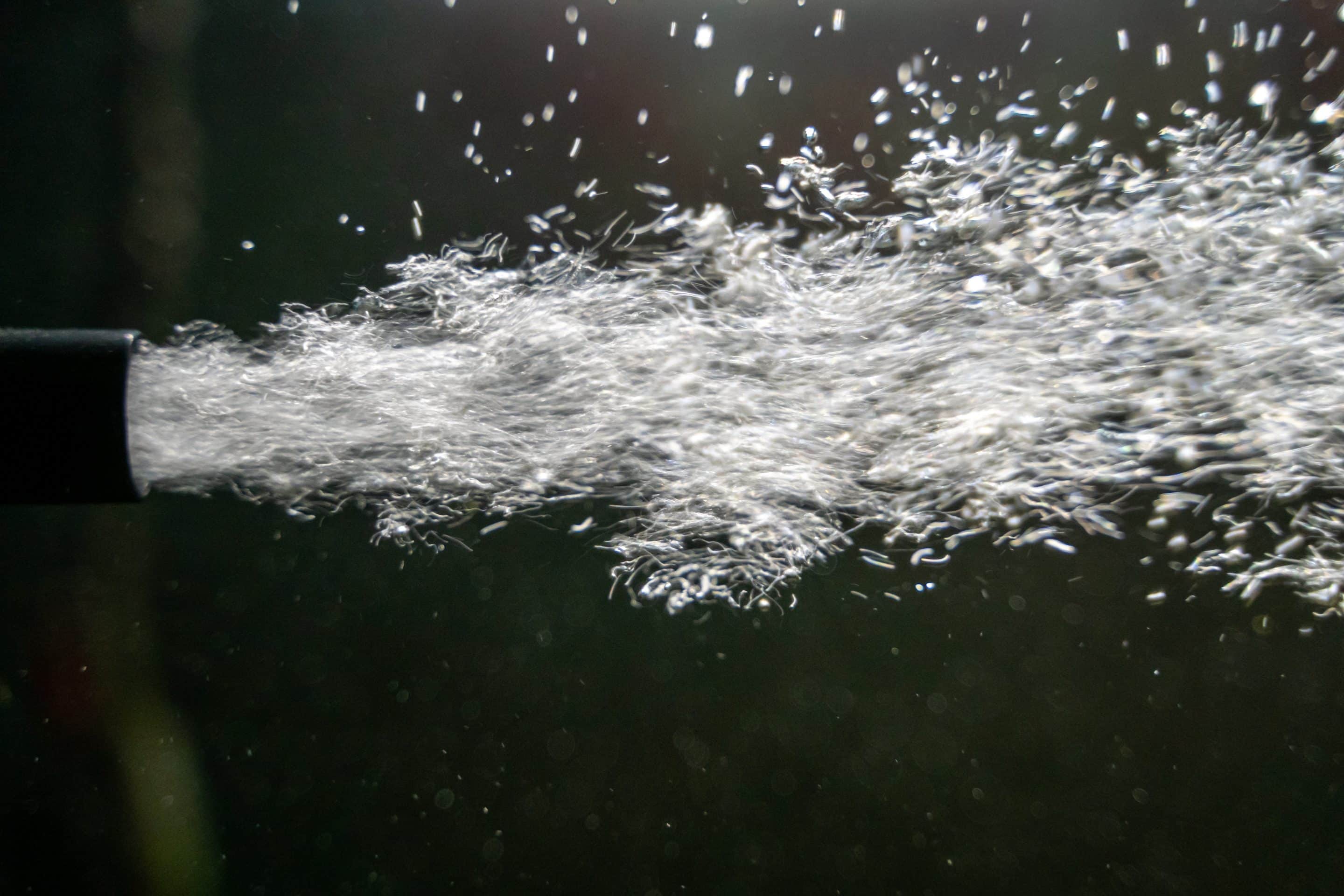Allied Pumps Pty Ltd v LAA Industries Pty Ltd [2023] FCA 1457
Date:
Court:
Judge:
24 November 2023
Federal Court of Australia
Downes J
Highlight
A customer’s trial of an electric submersible pump before the supplier filed its innovation patent has resulted in the patent being invalidated on novelty grounds for prior public use.
Background
LAA Industries Pty Ltd is the proprietor of Australian innovation patent AU2020103197 directed to an electric submersible pump used to lift water from underground, commonly in mining. The patent claimed a system for the pump which controlled the electrical power supplied to the pump, and its voltage, based on surrounding conditions including water level.
Allied Pumps Pty Ltd, a supplier of competing pumps to mining companies including BHP Billiton Iron Ore Pty Limited and Rio Tinto, commenced proceedings in the Court for revocation of the patent. LAA and its licensee, UON Pty Ltd, filed a cross-claim asserting infringement.
Allied claimed the patent lacked novelty as a result of UON hiring out two of its ‘GMC’ branded pumps to another mining company, Roy Hill Iron Ore Pty Ltd before the priority date for the purposes of a trial which amounted to novelty destroying prior use under section s18(1A)(b)(i) of the Patents Act (the Act). In the alternative, Allied submitted that the trial was invalidating under s18(1A)(d) of the Act as it constituted prior secret use. UON asserted that the GMC pumps supplied either could not or did not operate according to the claimed in the patent at that time, and alternatively that the use formed part of a reasonable trial to which a ‘grace period’ applies under s24 of the Act.
Allied’s novelty challenge was successful, Downes J going on to find that if the prior use was not public, he would have found prior secret use contra to section 18(1A)(d). The grace period did not apply given the prior use was commercial in nature. LAA did not appeal.
Key Issues
The prior art base for the purposes of novelty as defined in section 7(1) of the Act includes both documents and acts. For an act to anticipate an invention, the person skilled in the art must be able to observe enough from the act to be able to comprehend and practically apply the complete invention.
Allied asserted UON supplied two pumps to Roy Hill at its site in the Pilbara, on a trial basis to ascertain whether they would viable and cost effective at the site. If the trial was successful, Roy Hill planned to implement them across its operations. As part of the nine-month trial, UON provided training to Roy Hill staff and the pumps were put into operation. Evidence was led from engineers employed by Roy Hill at the time that they were not aware of any confidentiality restrictions in relation to the trial, and that the site was open to third parties such as contractors and suppliers.
In dispute was whether the pumps UON supplied were capable of controlling the electrical power based on water level and therefore whether the trial involved prior use of the invention. UON led evidence from its employee and co-inventor that the relevant software was still in development at the time, such that the pumps supplied to Roy Hill were not configured to do so. However this was undermined by documentary evidence such as contemporaneous emails and data from Roy Hill’s tests. Moreover her Honour found that the skilled addressee, viewing the pump screen at the Roy Hill site could see that the system included a setting for control based on water level and all relevant settings even when it was not in operation. The experts agreed that they would be able to reverse engineer it as a matter of routine.
Her Honour held that the Roy Hill trial anticipated the claims of the inventions, subject to the reasonable trial defence. Section 24 of the Act provides that information made publicly available by or with the consent of the patentee for the purposes of reasonable trial of the invention must be disregarded for the purposes of assessing novelty if a complete patent application for the invention is filed within 12 months after the start of the working invention (thus providing a grace period for filing the patent application). The defence will apply only if it is the case that, because of the nature of the invention, it was reasonably necessary to work it in public for the purposes of the trial. Her Honour also rejected the reasonable trial defence, finding that while the Roy Hill trial did involve prior use of the invention, the purpose of the trial was not to trial the invention, but rather to determine whether UON’s pumps met Roy Hill’s practical and commercial requirements. This was supported by the fact that UON had no input as to the trial. Furthermore, the evidence showed that UON had already in fact established that the invention worked and could control power based on water level, and was even marketing the pumps on this basis. Finally, it was not reasonably necessary that the trial be carried out in public, based on evidence it could have been conducted in 48 hours rather than nine months.
Allied’s alternative argument on the Roy Hill trial was that it is not patentable pursuant to s18(1A)(d) of the Act as it was secretly used before the priority date by or with the authority of the patentee. The purpose of the secret use restriction is to prevent the patentee obtaining a de facto extension of its period of monopoly over the invention by delaying filing. Secret use excludes use for the purposes of reasonable trial or experiment only. Her Honour held that it is not necessary to prove deliberate concealment in order to establish secret use. Given the Roy Hill trial was for commercial purposes, her Honour found that it would have (but for his finding of public prior use) constituted an invalidating secret use.
Outcome
As well has finding the patent invalid for lack of novelty based on the Roy Hill trials, certain prior art documents evidenced were also held to anticipate the innovation patent. Although moot, Allied’s innovative step challenge was unsuccessful, as was LAA’s cross-claim for infringement.
The decision was not appealed.
Implications
In several aspects of this case, commercial interests appeared to get ahead of legal strategy. UON, in hiring out its pumps for a commercial trial before any relevant patent application had been filed, was not able to rely on the reasonable trial defence. This decision is a timely reminder to prospective patent applicants that the grace period will apply only in limited circumstances, and to plan their development and filing strategies accordingly.
About Pearce IP
Pearce IP is a boutique firm offering intellectual property specialist lawyers, patent attorneys and trade mark attorneys to the life sciences industries (in particular, pharmaceutical, biopharmaceutical, biotech, ag-tech and food tech). Pearce IP is the 2021 ‘Intellectual Property Team of the Year’ (Lawyers Weekly Australian Law Awards) and was shortlisted for the same award in 2022. Pearce IP is ranked in IAM Patent 1000 and Managing IP (MIP) IP Stars, in Australasian Lawyer 5 Star Awards as a ‘5 Star’ firm, and the Legal 500 APAC Guide for Intellectual Property.
Our leaders have been recognised in virtually every notable IP listing for their legal, patent and trade mark excellence including: IAM Patent 1000, IAM Strategy 300, MIP IP Stars, Doyles Guide, WIPR Leaders, 5 Star IP Lawyers, Best Lawyers, and Australasian Lawyer 5 Star Awards, and have been honoured with many awards including Australian Law Awards – IP Partner of the Year, Women in Law Awards – Partner of the Year, Women in Business Law Awards – Patent Lawyer of the Year (Asia Pacific), Most Influential Lawyers (Changemaker), among other awards.

Naomi Pearce
CEO, Executive Lawyer (AU, NZ), Patent Attorney (AU, NZ) & Trade Mark Attorney (AU)
Naomi is the founder of Pearce IP, and is one of Australia’s leading IP practitioners. Naomi is a market leading, strategic, commercially astute, patent lawyer, patent attorney and trade mark attorney, with over 25 years’ experience, and a background in molecular biology/biochemistry. Ranked in virtually every notable legal directory, highly regarded by peers and clients, with a background in molecular biology, Naomi is renown for her successful and elegant IP/legal strategies.
Among other awards, Naomi is ranked in Chambers, IAM Patent 1000, IAM Strategy 300, is a MIP “Patent Star”, and is recognised as a WIPR Leader for patents and trade marks. Naomi is the 2023 Lawyers Weekly “IP Partner of the Year”, the 2022 Lexology client choice award recipient for Life Sciences, the 2022 Asia Pacific Women in Business Law “Patent Lawyer of the Year” and the 2021 Lawyers Weekly Women in Law SME “Partner of the Year”. Naomi is the founder of Pearce IP, which commenced in 2017 and won 2021 “IP Team of the Year” at the Australian Law Awards.

Kate Legge
Special Counsel, Lawyer
Kate is an experienced IP and patent lawyer, providing IP leadership for pharmaceutical product development and commercialisation in global markets – from initial scoping through to post-launch.
She has developed and implemented global IP strategies over more than 15 years at multi-national pharmaceutical companies. She is an Australian qualified and registered legal practitioner, and has a Master’s degree in IP Law and a BSc in biochemistry.

